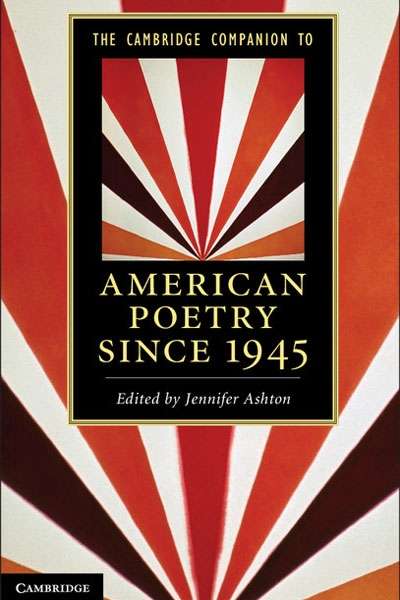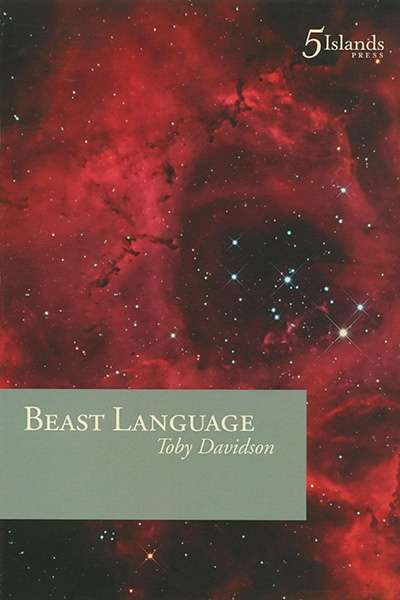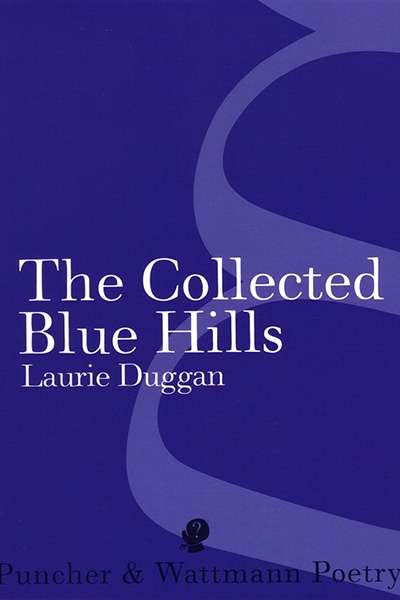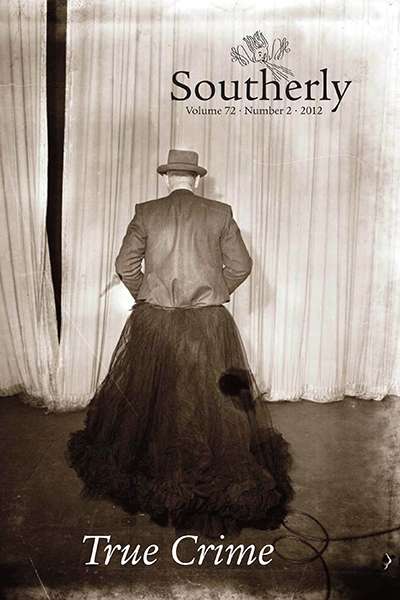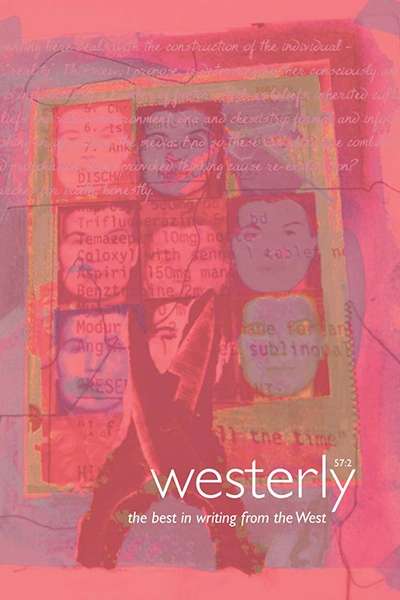Poetry
The Cambridge Companion to American Poetry Since 1945 edited by Jennifer Ashton
by Alexander Howard •
Westerly Vol. 57, No. 2 edited by Delys Bird and Tony Hughes-d’Aeth
by Anthony Lynch •
I wish I had been painted by Millais. Maybe not as Ophelia in a tepid bath.
Perhaps as Lady Macbeth. Or Titania. Or Portia. Not Brutus’s Portia. Portia from
The Merchant of Venice. I used to make you sit on a little wooden stool and pretend
you were painting me. Stroke after stroke rasping against the canvas. I would





